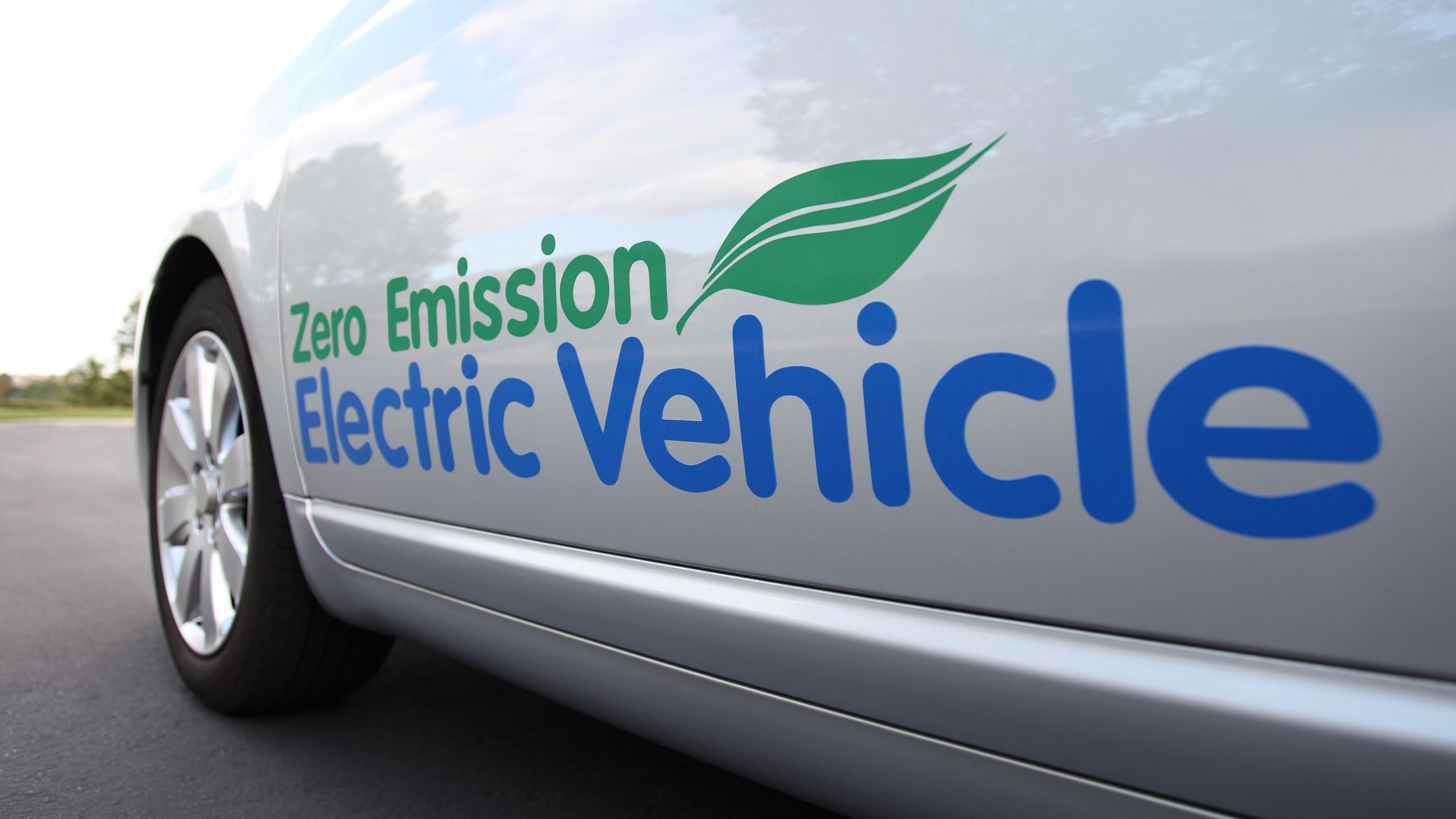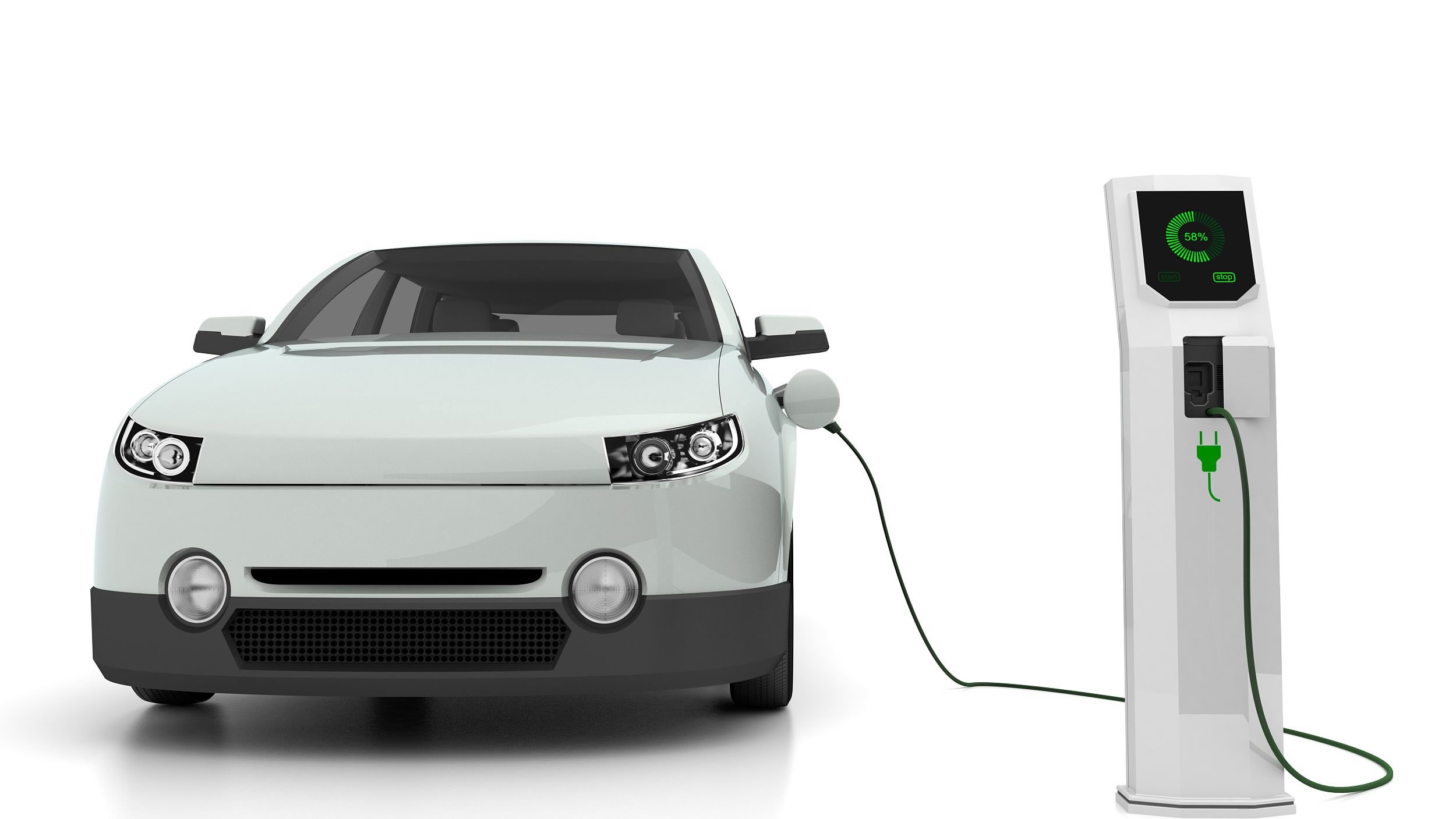
China
21:28, 21-Sep-2017
BYD predicts China shift to electric cars by 2030
CGTN

Chinese automaker BYD Co Ltd expects the country’s shift to cleaner new-energy vehicles (NEV) to be complete in just over a decade, an aggressive time frame that would challenge traditional carmakers in the world’ top auto market.
All vehicles in the country will be “electrified” by 2030, which could range from full electric cars to mild hybrids, BYD Chairman Wang Chuanfu said on Thursday. BYD, backed by Warren Buffett, has already invested heavily in the NEV market.

VCG Photo
VCG Photo
Carmakers around the world are grappling with government plans to shift away from petrol engine cars to newer, less polluting technologies – a trend that is creating one of the most seismic shifts the automotive industry has gone through.
Earlier this month, a senior Chinese official said the country had begun studying when to ban the production and sale of cars using traditional fuels, without giving a time frame for the shift. The United Kingdom and France have said they will ban new petrol and diesel cars from 2040.
“We are very confident about all the timetables (to eliminate fossil fuel cars) and we think it will happen earlier than expected,” Wang said at an event in Shenzhen. “Various governments have announced timetables to end the sale of fossil fuel cars and this is putting pressure on everyone else.”
China has set goals for electric and plug-in hybrid cars to make up at least a fifth of its auto sales by 2025 in a bid to combat air pollution and close a competitive gap between its newer domestic automakers and their global rivals.
“It’s certainly possible for all cars an automaker sells in China and around the world to be electrified in some way by 2030,” said James Chao, Shanghai-based Asia-Pacific head of consultancy IHS Markit Automotive.
Others have been less optimistic about the pace of the industry’s shift to electric cars.
This month, General Motor Co’s (GM.N) CEO said during a visit to China that the shift to NEVs would only work with continued government support and that consumers should be the ones driving demand rather than government mandate.
However, China is phasing out subsidies that have supported makers of NEVs like BYD, leading to a sharp fall in profits for the firm so far this year.
Global carmakers have also called on China to soften “impossible” targets for NEVs, which require firms to sell electric or plug-in hybrid vehicles to generate "credits" equivalent to 8 percent of total sales by next year.
Wang added that 20 cities in China would start building BYD sky rail transport systems next year, amid a push by the firm to diversify away from cars alone. Its first sky rail project was launched in the northwestern city of Yinchuan this month.
Source(s): Reuters

SITEMAP
Copyright © 2018 CGTN. Beijing ICP prepared NO.16065310-3
Copyright © 2018 CGTN. Beijing ICP prepared NO.16065310-3